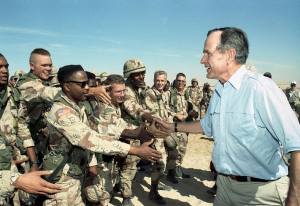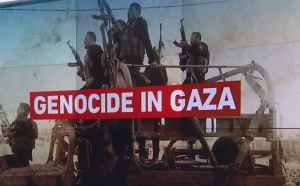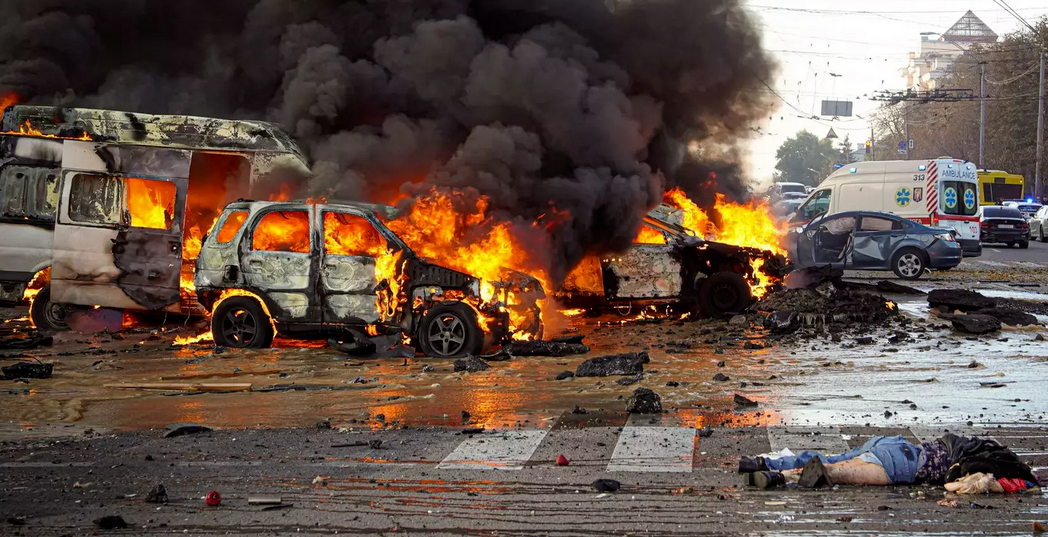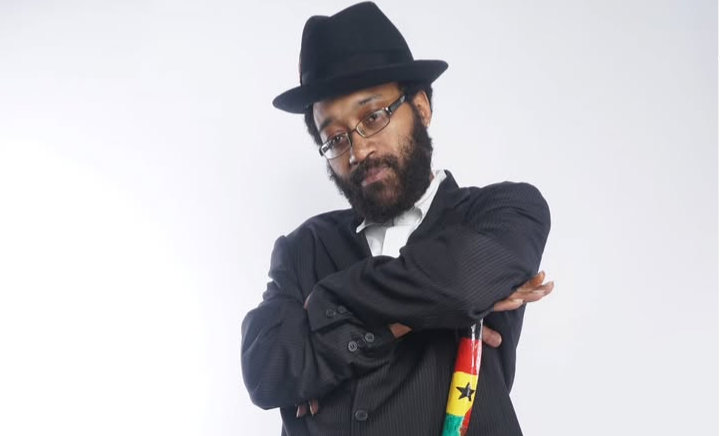Photos: YouTube Screenshots\Wikimedia Commons
The term is “banal militarism” – that is to say, violence and the preparation for violence so utterly commonplace that most people don’t even notice. Banal militarism is as American as apple pie. It’s also global in scope.

As Richard Rubenstein writes:
“Part of the reason for the relative immunity of militarism to criticism is the extraordinary cultural power in American society of pro-military institutions and ways of thought. What some analysts call ‘banal militarism’ is omnipresent, so much so that it becomes virtually invisible, part of the air that one breathes.”
That is to say, banal militarism manifests itself in the stories we tell, the symbols we revere, the movies we watch. Even the metaphors we use! The war on drugs . . . the war on (my God!) cancer . . . on and on. Once the nation even went to war against obesity (I think we lost).
“The term,” Rubenstein continues,
“points to the ways in which the use of armed force is legitimized or encouraged by a thick network of everyday assumptions, customs, rituals, and emotions that are accepted semi-consciously as constituting part of our personalities and our collective identity.”
This is the essence of what must change about who we are. We’re at, you might say, an evolutionary stopping point. The path to peace – the path to tomorrow – is wide open and stunningly visible, if we just open our eyes and push ourselves beyond our banal certainties. I usually maintain my focus on the militarism of my own country, but because heavily guarded national borders are part of the problem, looking beyond the “sweet land of liberty” is also necessary. Thus I definitely went into wake-up mode when I read about a recent arms-show controversy in France, which was oh so laden with irony.
It involves a semiannual event called Eurosatory, which is no less than the largest weapons show in the world, involving, as the New York Times explained, more than 2,000 arm dealers from more than 60 countries. It’s an event “where military and security officials from around the world rub shoulders with manufacturers showcasing drones, missiles, and other weapons and technologies.”
Wow! The whole world is making itself safer!

What happened this year, however, is that French President Emmanuel Macron became outraged after an Israeli bombing raid on a tent camp in Rafah killed dozens of Palestinians and, a month ago, the government of France declared that Israeli arms manufacturers would not be allowed to attend Eurosatory. (Note: Russian weapon dealers were also banned because of the war in Ukraine.)
This led to outrage by the Israelis, who challenged Macron’s decision, and just a few days ago, as Eurosatory was about to start, a Paris court ruled that the ban was discriminatory and ordered that it be lifted. That’s the essence of the controversy, which certainly put the arms show into the public spotlight – at least for me. So I got a chance to read about the show and such matters as its expanding focus on, oh . . . “suicide drones” and the ubiquity of cluster bombs and such.
And I found myself more or less split down the middle by the irony of the Israeli arms ban and reinstatement and the incursion of “moral integrity” into an event about the most up-to-date ways to kill your enemies. It’s a grandstand celebration of war profiteering – but the wars have to be good and just and approved by NATO. Note: U.S. weapons dealers were certainly welcome.
Speaking of which, I turn to the words of William Hartung, who reflects on the gradual normalization of war profiteering. Arms dealers have successfully uncloaked themselves from the insulting term “merchants of death,” as exemplified by a recent speech by President Joe Biden, which Hartung quotes:
“You know, just as in World War Two, today, patriotic American workers are building the arsenal of democracy and serving the cause of freedom.”
The actual merchants of death – the corporate arms manufacturers – are suddenly invisible. In their place are ordinary men and women, patriotic Americans, creating the bullets and missiles, the MRAPs and suicide drones, maybe even the nuclear weapons, that constitute the arsenal of democracy. Freedom exists only for those who are well armed and, ipso facto, ready to kill. And the job of the president is to sell this message to the public. As I have noted previously, he’s the country’s public-relations director in chief. That may be his main job.
So there you have it. Banal militarism. Is there an alternative?
Theologian Walter Wink, in his book The Powers That Be, puts that question into an eerily large context, calling it “the myth of redemptive violence” – the belief, the lie, that violence is the foundation of freedom. “It doesn’t seem to be mythic in the least,” he writes.
“Violence simply appears to be in the nature of things. It’s what works. It seems inevitable, the last and, often, the first resort in conflicts. If a god is what you turn to when all else fails, violence certainly functions as a god.”
A banal god, I would say, quietly sneaking into our consciousness, telling us we need to wage war on all our problems – you know, bang! Just make ’em go away, whether evil nations, terrorists, insulting gunmen in a Dodge City saloon, drugs or crime or cancer.
Think of all the evil we’ve purged in the 21st century alone. And it’s all consequence-free. Just ask the arms dealers.

Robert Koehler ([email protected]), syndicated by PeaceVoice, is a Chicago award-winning journalist and editor. He is the author of Courage Grows Strong at the Wound, and his newly released album of recorded poetry and art work, Soul Fragments.






